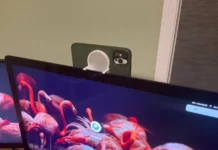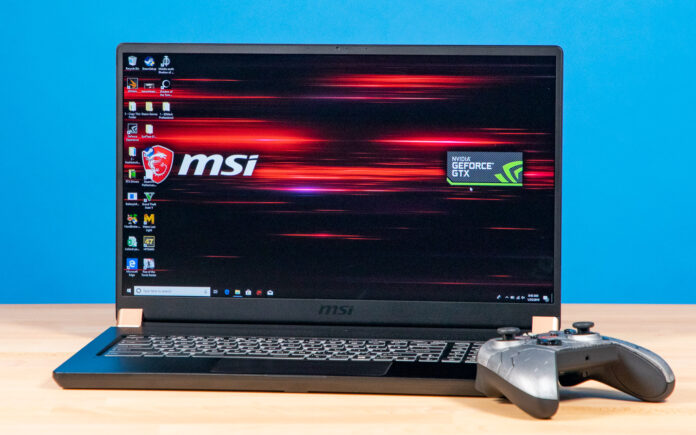
A gaming computer is a necessity if you can play the latest games that require a good CPU and video adapter connecting to a quality graphics-processing unit (GPU). The decision to own a gaming PC depends on whether you want to build or purchase the gaming unit.
The decision to purchase a gaming computer platform is challenging if the rig is your first purchase. You can check out iBUYPOWER® or other reputable brands in the market. The fact that some manufacturers sell old systems by repackaging them as new at low discounts to lure unsuspecting clients is enough to cause for worry. Conduct due diligence on the hardware you think will work for you.
Here are 11 mistakes that you must avoid when buying a gaming computer.
1. Buying a gaming PC for just because it looks good
Buying a computer just because it looks big and good is a common mistake. The beautiful casing may not be enough to prove that the computer contains high-end hardware or software. Testing is paramount for assurance before taking home a stylish gaming computer.
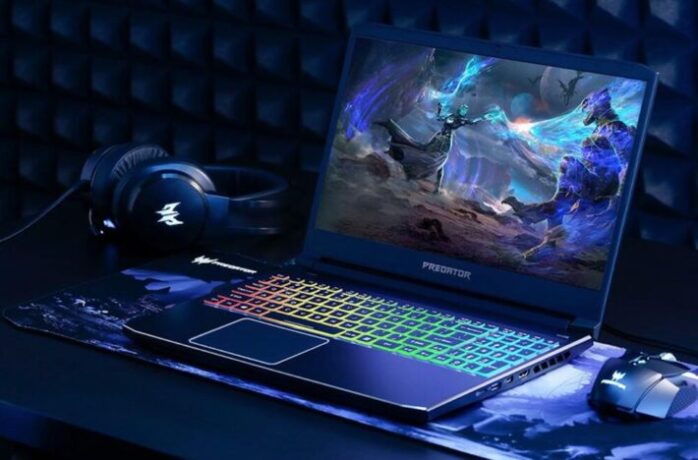
2. Going for an underpowered CPU
Processor technologies change within a short time. Regardless of the brand, you are interested in, make sure the hardware is consistent with the performance demands. Make sure you can identify the CPU type and various speeds –the number next to the words “GHz.” A clueless buyer will ignore the generation chip of the processor, whether it is a bargain or elite basement, and the number of CPU cores available on the computer.
Buying a gaming PC with a single-core chip will give you a bad experience because even the “lightest” games will overwork such a processor.
3. Failing to consider possible expansion
Buying a gaming console may force you to get another one as a new version makes waves in the market. With that in mind, ensure the gaming PC you are buying will not be frozen in time due to hardware incompatibilities. The idea behind owning a gaming PC is the ability to purchase expansion hardware and perform the installations.
An example is the ever-expanding graphics card that may need replacing or upgrading depending on the kind of game you run. The best way to beat the expansion game is to purchase a gaming PC with extra slots and, of course, a big casing.
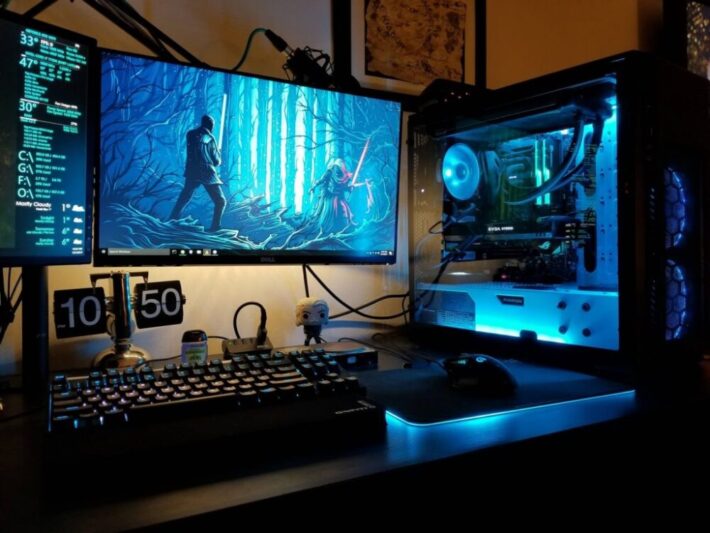
4. Purchasing a gaming platform without an operating system
The last thing in the mind of a gaming enthusiast is the Operating System (OS). As long as a client confirms that, a processor is powerful, the graphics card supports new and old games, and the possibility of future expansion, carrying a gaming platform without an OS, is common.
A gaming platform without an OS will attract potential clients because of the lower cost. For some, it may work because they can install their own copy. However, for a first-time buyer, avoid the trouble by ensuring the gaming platform is OS ready.
5. Failing to factor in the size of the game files
The moment you decide to choose a gaming computer, consider the storage amount you need for the unit. The video games are becoming bigger with every release, with some even exceeding 30GB. The size of the game file depends on the texture’s video rendering mode, with some requiring expansion slots and the assigned ones.
A real gamer will look into purchasing large capacity drives that fit all favorite games. Storage file access is a factor determined by the type and quality of hard drive in use.
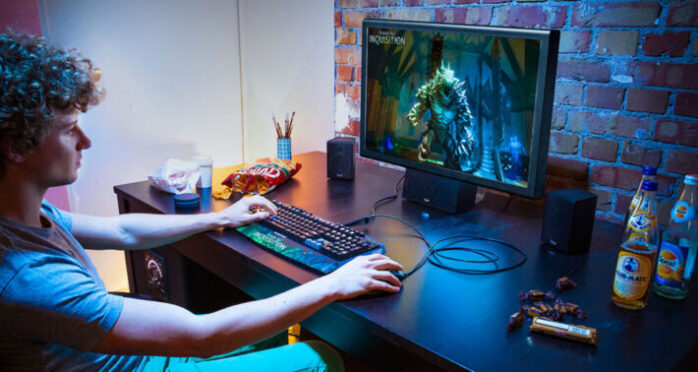
6. Failing to ask for media support
The use of streaming and downloading links is pushing away the media disks and flash drives from the gaming market place. Some gamers enjoy using games on DVD or Blu-Ray, before purchasing a gaming computer; ensure it has the external media slots.
Most PC gaming companies no longer support media slots to cut on costs, so it is better to confirm if the gaming platform you want supports any media device.
7. Failing to confirm connectivity options
Running your gaming PC over an internet cable connection has its advantages. Unlike the Wi-Fi experience of external interface and connections dropping off, the cable always gives end-to-end connectivity. The type of connection port that a gaming unit has guarantees faster downloads and seamless multiplayer games.
Look out for the options the manufacturer has for your connectivity before purchasing any gaming unit. Confirming the existence of these options will save you more money when incurring extra costs.
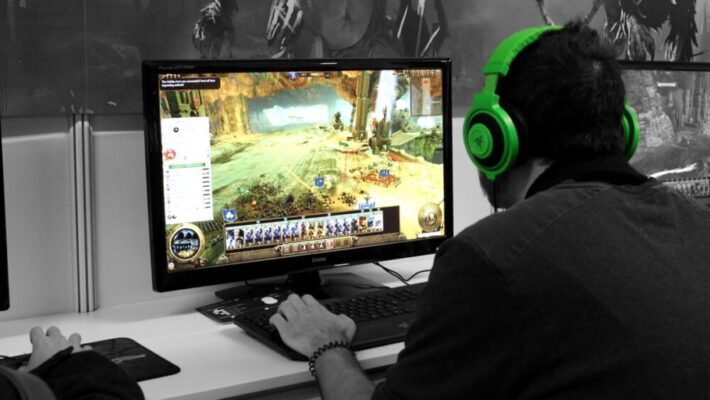
8. Getting a low power supply
A quality power supply defines the performance of all components in the gaming computer. When deciding to buy, consider the number of watts needed for the gaming machine to operate optimally without straining the various parts.
Information on the overall power output and input is available on a sticker or user manual.
9. Going for unnecessary features
A gamer who wants a gaming computer and nothing else will be content with getting what she wants as long as the unit is up and running. There is no point in spending the extra money without a proper plan. You can opt for the simple option of downloading new games instead of purchasing.

10. Forgetting about the monitor
You can buy a gaming PC and forget about the monitor. Set money aside for a reliable and compatible monitor. The monitor should have the inputs that match the GPU to allow for connectivity. Purchasing a monitor depends on the type of graphics card the gaming computer supports. For example, if your unit has an HDMI, the monitor input should support a similar port.
11. Failing to review the company’s customer support
Nobody wants to buy a gaming computer with many issues. When you need the help of a customer support staff, it should be available. Probably due to the excitement of owning a new gaming PC, you may forget to look at the company’s background and how they treat clients.
Before any purchase, get reviews from their website and other customers. Make it a habit of buying from companies that treat their clients better.
Now you know the 11 mistakes you are likely to make when purchasing a gaming computer. It’s time you get a good gaming computer.






